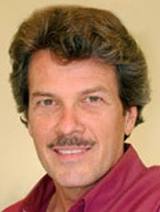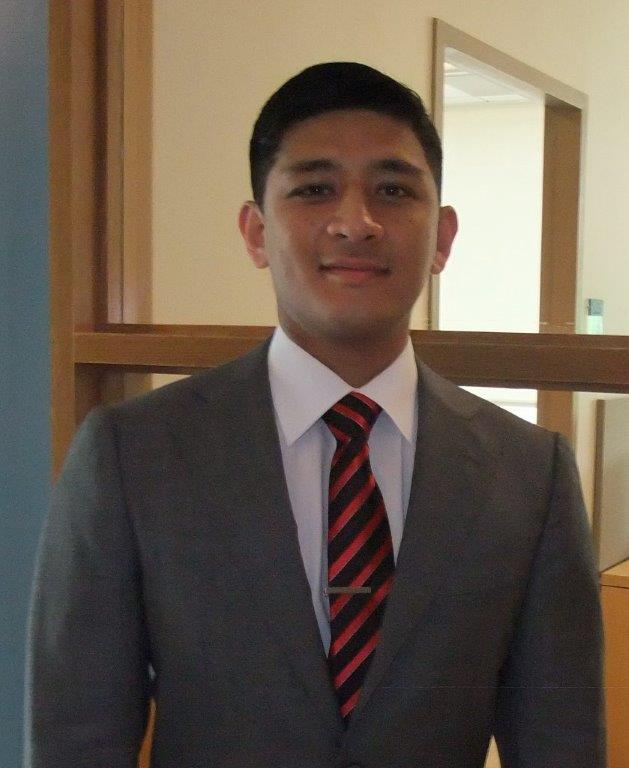Materials Science and Engineering

Professor Michael Rubner
PI at MIT

Professor Robert E. Cohen
PI at MIT

Professor Khalid Askar
PI at Masdar Institute
The effectiveness of solar panels depends not only on their ability to efficiently convert sunlight to energy inside the solar cells, but also on the ability of sunlight to pass through the cell surface and for the surface to hold up to harsh environmental conditions over time. Commercially available solutions in place today use a coating on the surface of the cells which may optimizes one or two properties -- such as abrasion resistance and, protection against to minimize scratching when grime is cleaned off the surface of the cell. The focus of this project is to fabricate a novel super coating, using halloysite nanotube technology, which has an optimal combination of abrasion resistance, anti-reflection, anti-soiling, anti-static and self-healing properties. With such a super coating:
The United Arab Emirates (UAE) is one of the world’s largest producers of fossil fuels, but reserves will eventually run out. Fortunately, due to long days and little cloud cover, the UAE desert climate is a prime location for utilizing solar power generation as an alternative. Despite these advantages, generating solar power cost-effectively in the UAE also has considerable challenges. Frequent sand dust storms coat and scratch solar panel surfaces, which can dramatically affect performance. Regular cleaning of the panels is necessary, but this requires utilizing scarce water resources, labor and expensive robotic cleaning equipment. Repairing damage to the panels, such as scratches the cleaning machinery can inadvertently cause, is also costly. The “super coating” resulting from this project has the promise of helping to address these challenges in the UAE, and also imparting similar benefits no matter where solar power panels are deployed worldwide.